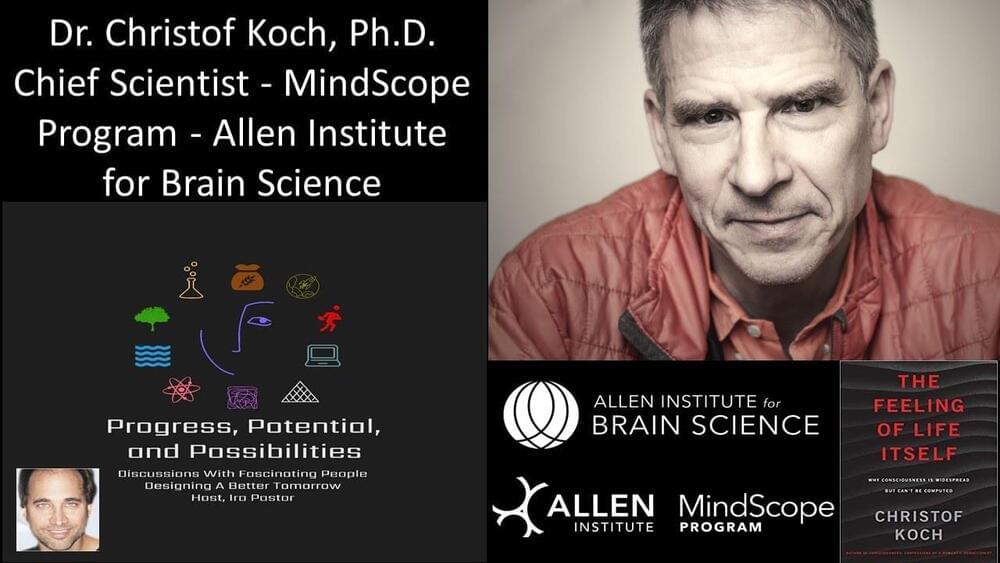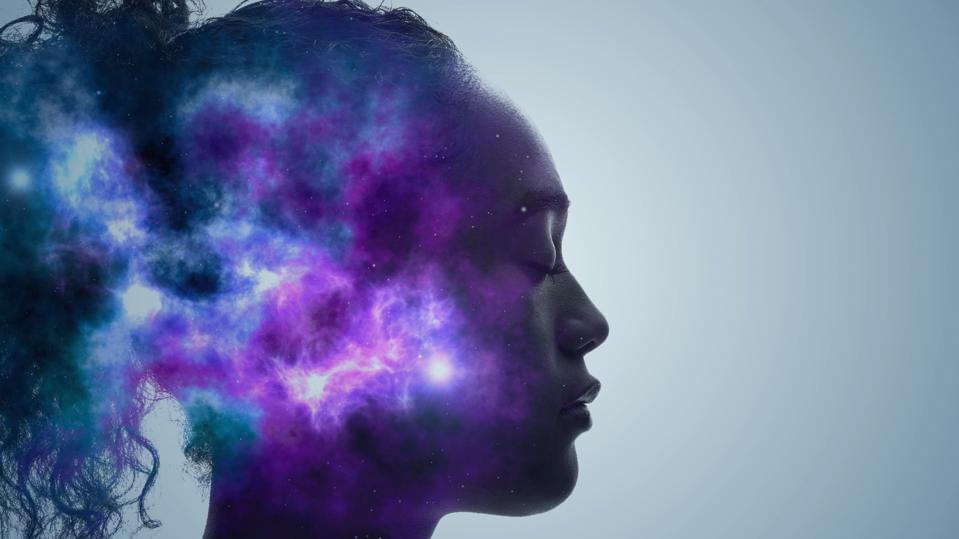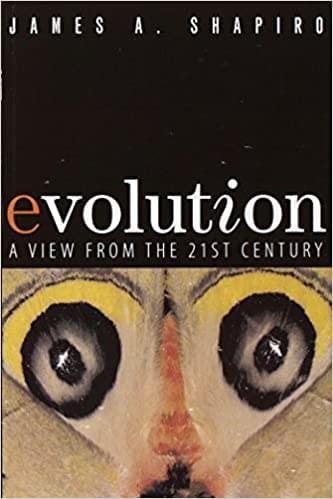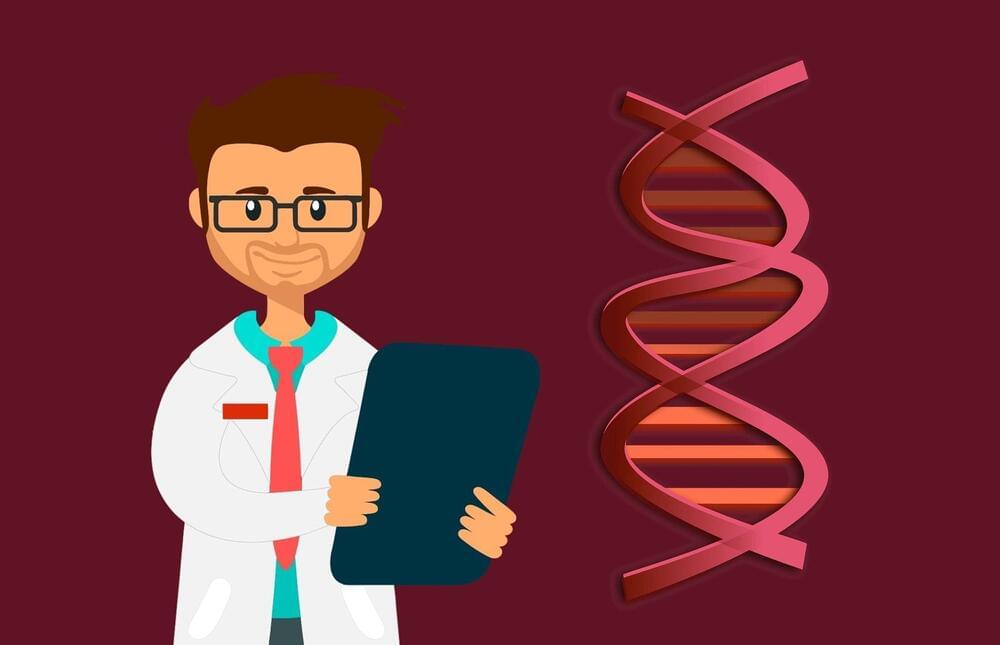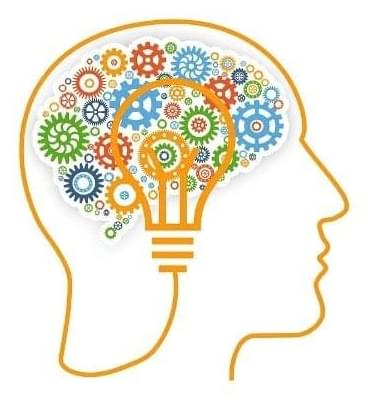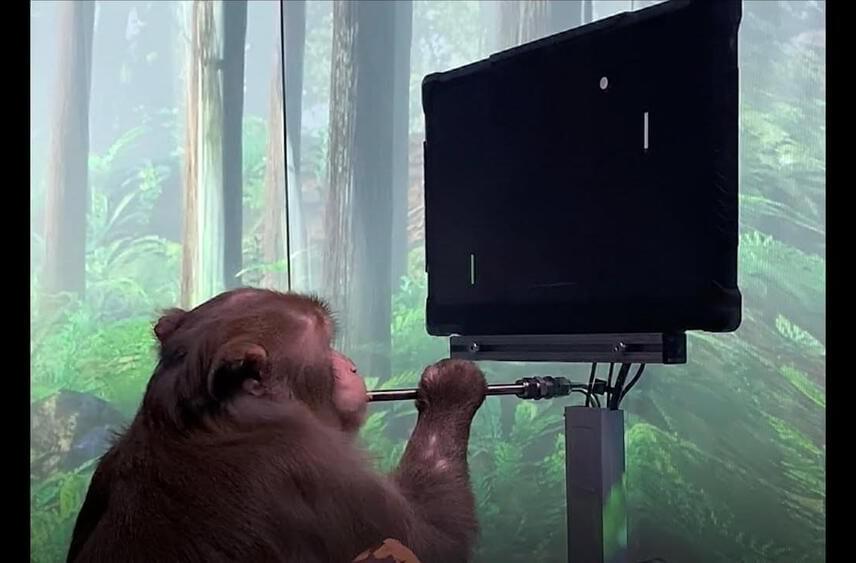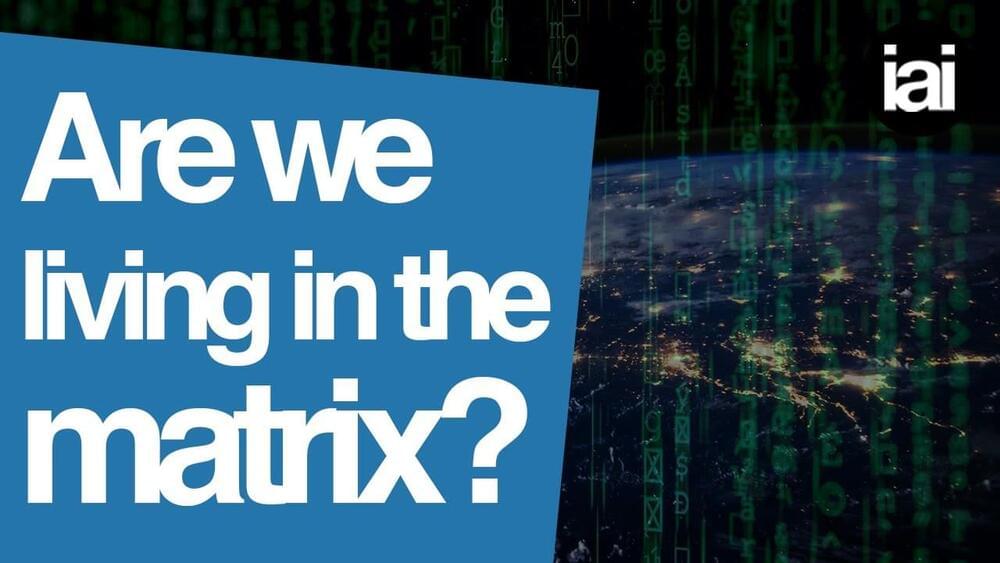Nov 6, 2021
Dr. Christof Koch, Ph.D. — Chief Scientist, MindScope Program — Allen Institute for Brain Science
Posted by Ira S. Pastor in categories: bioengineering, biological, neuroscience, particle physics, robotics/AI, science
Studying The Atoms Of Perception, Memory, Behavior and Consciousness — Dr. Christof Koch, Ph.D. — Chief Scientist, MindScope Program, Allen Institute.
Dr. Christof Koch, Ph.D. (https://alleninstitute.org/what-we-do/brain-science/about/te…stof-koch/) is Chief Scientist of the MindScope Program at the Allen Institute for Brain Science, originally funded by a donation of more than $500 million from Microsoft founder and philanthropist Paul G. Allen.
